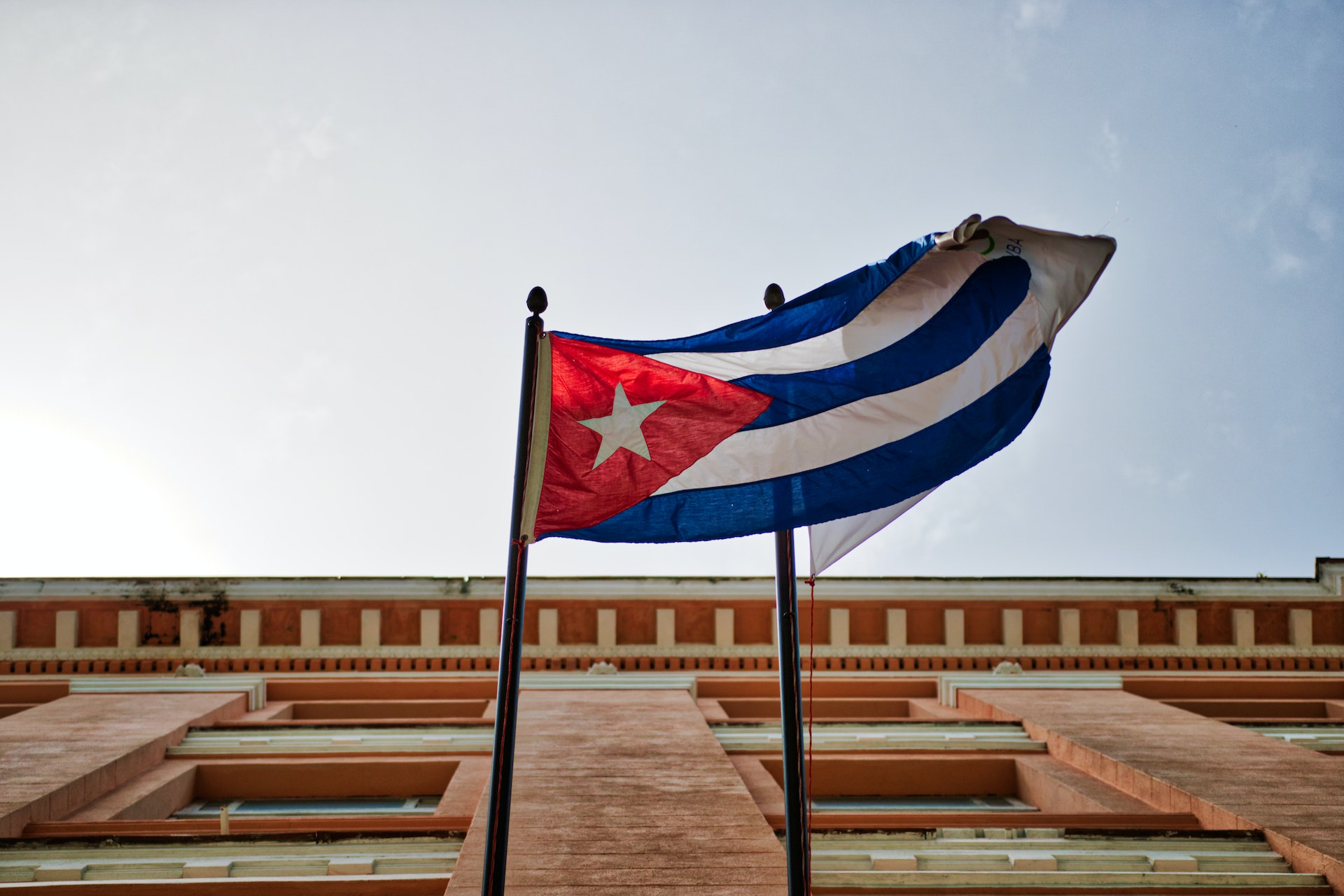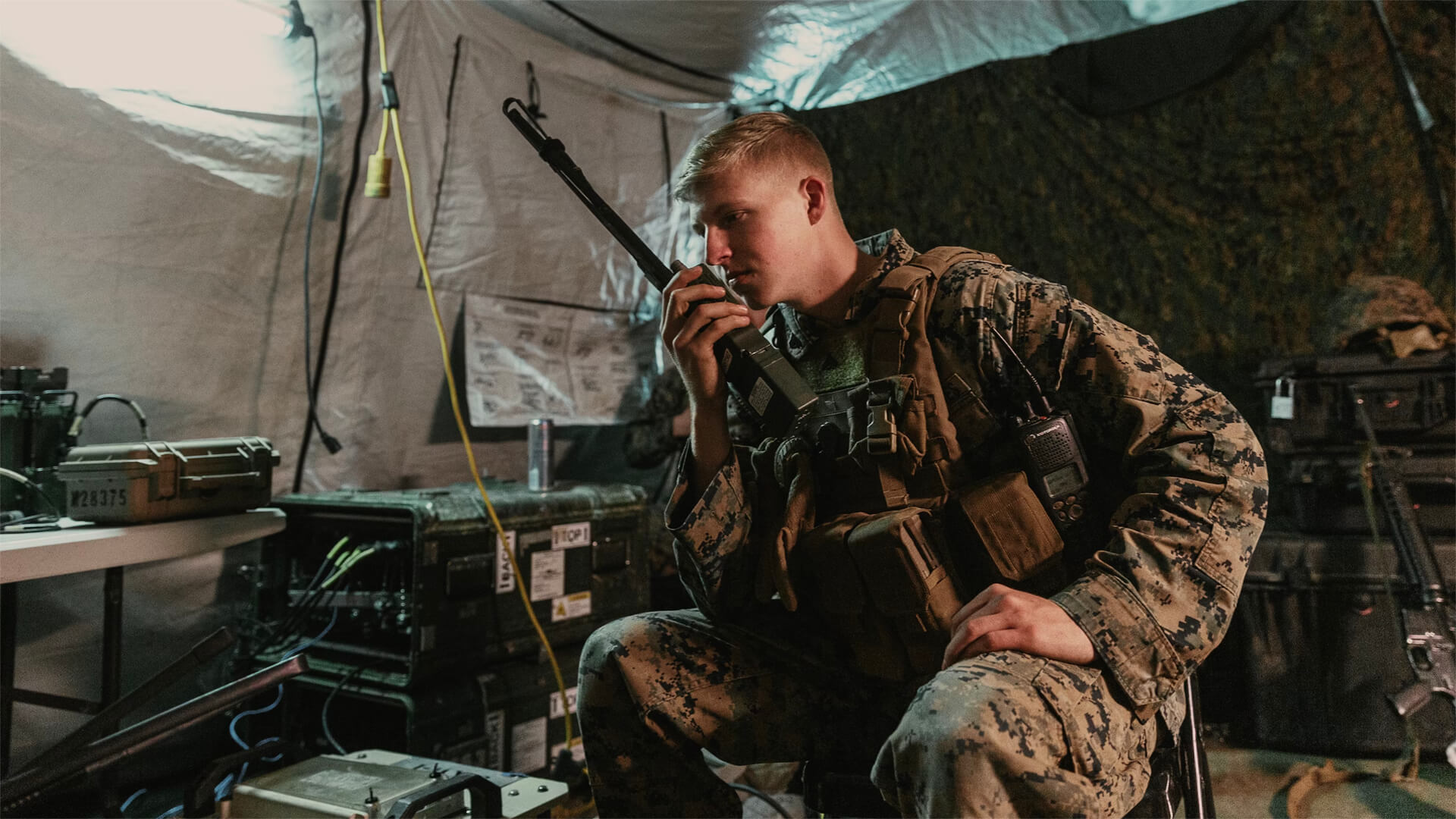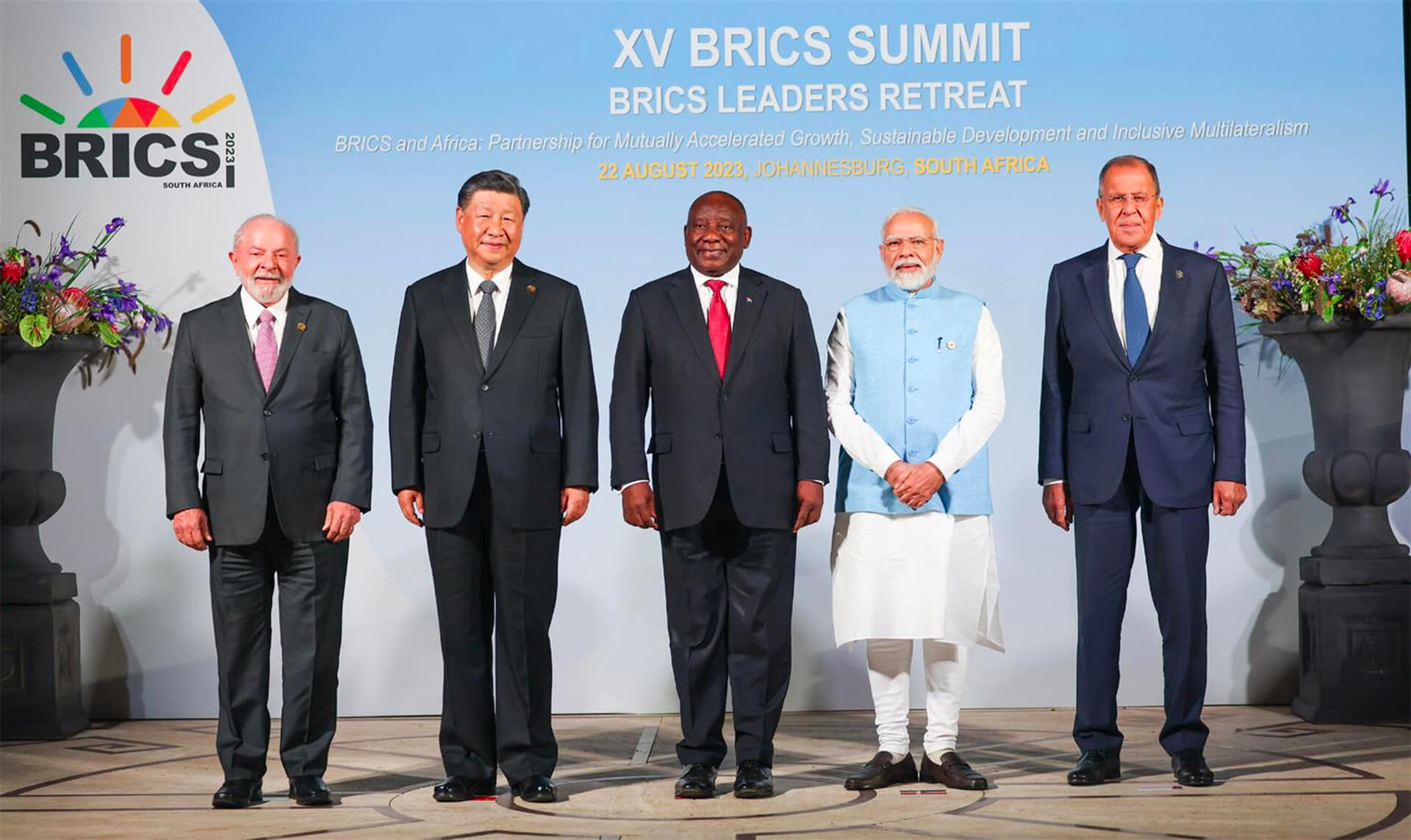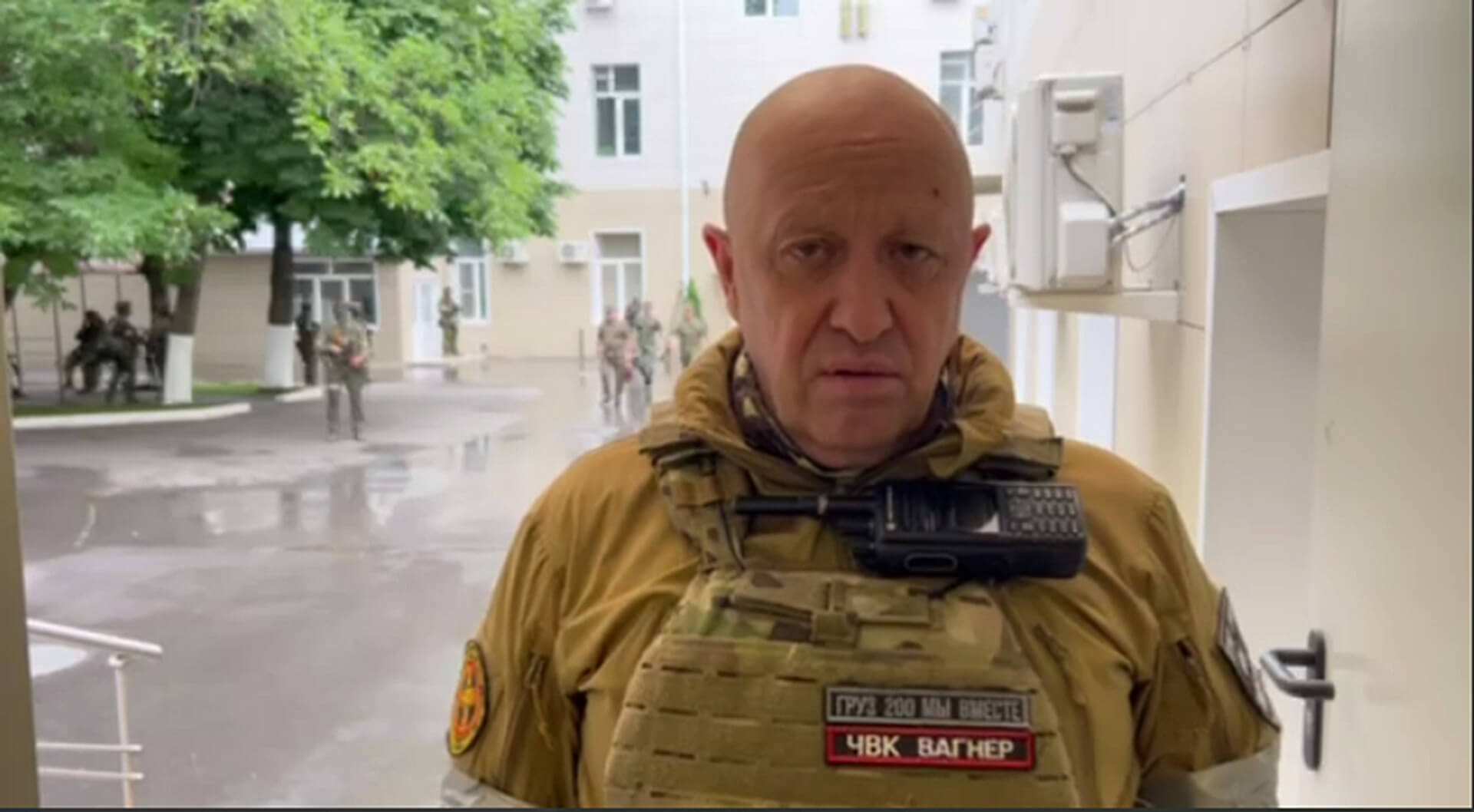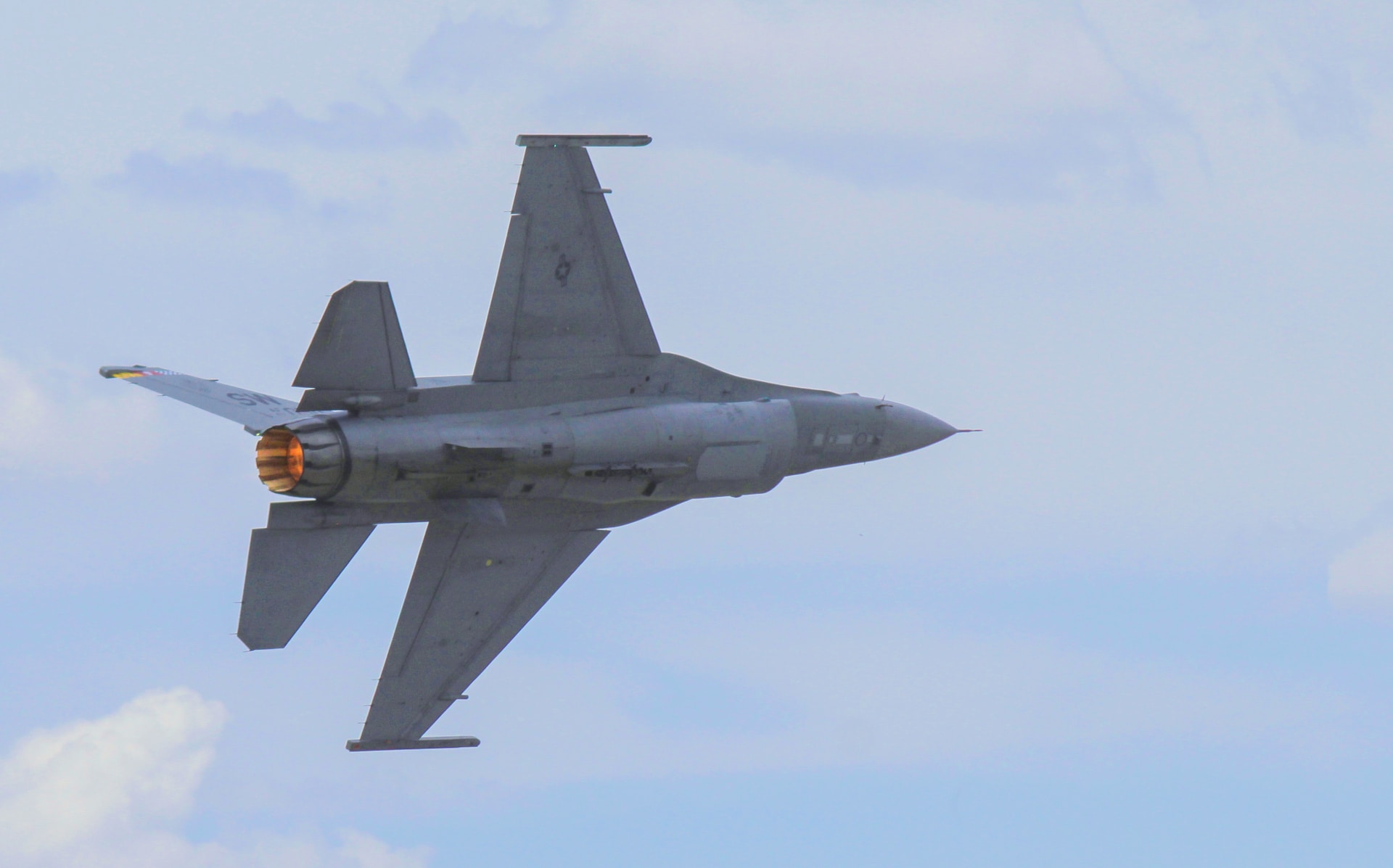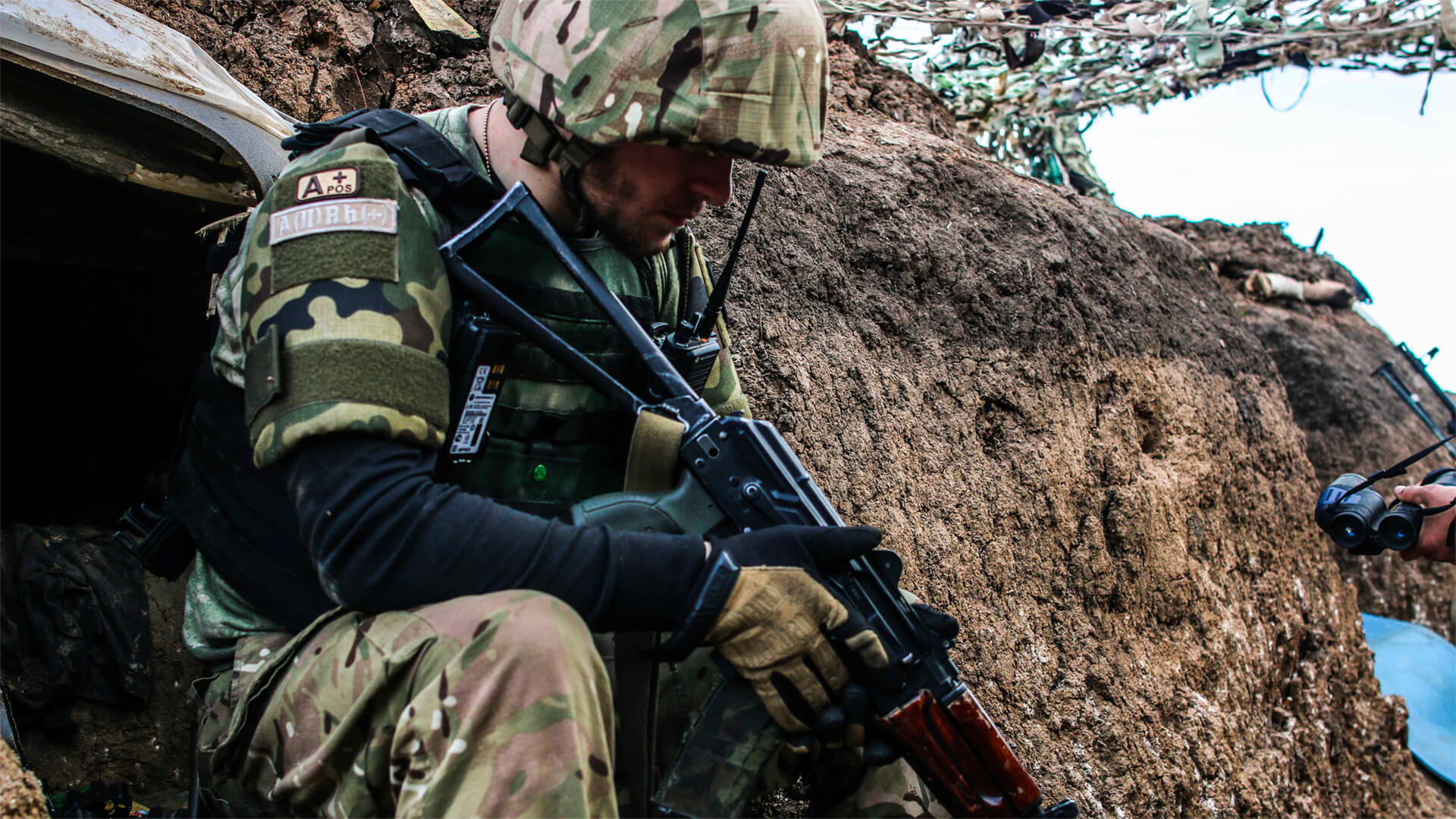Hey everyone, Peter Zeihan here. Today we’re going to talk about the BRICS summit. It was originally intended to be a two parter, one during the summit and one after. But because programing got shot down yesterday. We’re combining this into one. So it seems to a little bit disappointed. That is why. And here we go. Hey, everybody. Peterson coming to you from the shore of Lake, where I have been visited by a whole bunch of goats.
They were very curious anyway. Today we’re going to talk about something that is in progress. And that’s the BRICS summit in South Africa. They’re trying to come up with a series of plans of what to do. They’re trying to consider whether they should let in new members. And odds are that this is just going to be a really stupid summit that’s going to amount to nothing.
But it’s still worth talking about because it’ll give you an idea of the architecture of the international system. And you never know. They might be able to pull something out of the fire. So the reason I have primarily been dismissive of the BRICS since the beginning is because it was never an organization. It was never a grouping that was founded by its members.
It was some finance guy who’s like, Look, we’ve got all this capital because the baby boomers haven’t retired yet. We should put it into bonds. And we’re some big bond markets. Oh, yeah, Brazil, Russia, India and China. That’s it. That’s all it was. And then taken to later, they led in South Africa in a in a fit of pique.
Nothing’s going on here. There’s never been any meaningful deal. They have formed a development bank, but now over 90% of the capital comes from China. And there are reasons for the BRICS to talk with China. It is a significant trading partner, but there’s no reason for them to speak with one another. Brazil, aside from exports to China, doesn’t trade with the rest of them at all.
Same with South Africa, same with Russia. India is a special case, and if there’s one country that doesn’t like China, that would be India. And, you know, every once in a while you’ll hear them talking about forming a global currency or a new alternative currency to challenge the dollar. And then they start talking about details and all falls apart.
So right now, India, China, South Africa and the BRICS own bank are on record saying that they’re not interested in a global currency. The only two countries are left are Russia, who thinks that everyone should use the ruble, of course, and Brazil. How can I qualify? Describe Brazilian foreign policies these days, especially on economic issues, kind of. Lodhi DA.
Not a lot of substance beneath rhetoric anyway. So the purpose of this summit is to bring in dozens of leaders from other countries and see if they can kind find something that they can all agree on. A history suggests the answer will be no and everyone is coming with their own list of grievances and desires. The Russians want everyone to sign up with them and boycott the West until the West agrees to give them their way on Ukraine.
Of course, Russia’s not included in that. Russia is still allowed to talk. The first is still how to to trade with whoever they want. The Chinese are hoping to get enough countries on board that they can then walk into Washington and demand trade concessions. They don’t care about all the other countries. They just want them for themselves. The Indians are there because they are more of a classic nine nonaligned power.
But as the Chinese become more rambunctious, the Indians have become more and more edging towards being in the American camp. So the normal rhetoric that you would expect to see out of the Indians just isn’t there. The South Africans who are hosting are pretending to be neutral in all this and say they don’t have an opinion. The Brazilians are very logical and that’s it.
We’re going to turn around here anyway. Why might this one spark? Why might this still matter? Well, if you look back to the Cold War period when we had the nonaligned movement, that’s what a lot of these countries are from. Not Russia, not China, but a lot of the ones who are now showing out, they saw themselves as not east, not west, not first or Second World, but is something else.
And they try to come together for a common thing called the new international economic order. And the idea was that the West should restructure their trade practices in order to benefit some of their former colonies. It didn’t amount to much at the time. Eventually it became known as the ACP group Africa, Caribbean Pacific, a former colonies of the Europeans who have a degree of preferential trade access when it comes to European markets.
But it never got the restructuring that they really wanted. The reason I’m even less optimistic this time around is because the interests of the groups that are showing up are far more diverse than anything that we had in the early post-colonial era back in the sixties and seventies. So if they do decide, if BRICS does decide to do something, it will probably be about expanding their membership.
And that would be one of the most effective ways that I can think of to make sure that BRICS never achieves anything at all because they don’t agree on any much right now. So this is going to be an unofficial two parter. We’re going to wait to see what comes out of the summit. And then I will let you know what I think about the new roster.
All right. That’s it. Bye. Okay, here’s part two. So BRICS did decide they wanted to expand to involve six members in the six countries they involved. Indicate to me that BRICS has no plans of doing anything useful in the future. Those countries in no particular order are Iran, Saudi Arabia, the United Arab Emirates, Egypt, Ethiopia and Argentina. And I mean, honestly, folks, this is hilarious.
Okay, so let’s start with what the naysayers are going to say about how this does matter and explain why it doesn’t. They’re saying that because of the addition of the three countries in the Persian Gulf region plus Egypt, that this grouping, BRICS, now produces about half to 60% of global oil. And that means the downfall of the dollar, the formation of an alternate currency, the end of the petrodollar, divestment, the United States.
And it’s the end of an era. And, you know, the short version is absolute bullshit. Number one, Saudi Arabia does sell a few loads to China in yuan, and Russia does sell a few loads in yuan or rupees in order to get around sanctions. But the Russian system is kind of by itself. And as Russia follows no one, as with the Saudi Arabians and the Emiratis, that might be a little different.
Well, you got to look at why they’re considering doing anything in non-US dollars. They’re looking for a security guarantor. They’re afraid that the United States is going to leave the region. And if it does, they’re on their own. And since they don’t like to be outside of air conditioning, national defense is something they’re not very good at. So they’re basically open to all potential takers when it comes to not oil sales for sales sake, but as a way of getting into your security planning.
The Saudis have gone with the U.S. dollar for the last several decades, not because it was the global currency, not because they’re part of a caucus group that is basically with the BRICS. And they’re not in any sort of meaningful organization in which the U.S. and Saudi Arabia members, they have a bilateral relationship that was based on security, and that was the reason why they use the U.S. dollar.
That’s the reason why they bought refineries on the U.S. Gulf Coast, because they saw the United States as the country that ultimately would bleed and die for them. And they’re looking for alternatives, not because they want an alternative, but because the U.S. is probably not interested in that role anymore. There are also right now trilateral negotiations going on among the Americans, the Saudis and the Israelis, in which the Saudis are seeking a Japan style security guarantee for themselves.
Now, they’re probably not going to get that. They’re probably going to get a lot of things that they’re after. But the bottom line is that for the Saudis, this has never been about the money. It’s never been about the currency. It’s about who’s going to take a bullet for them. And the Chinese simply lack the capacity to deploy at range in a way that the Saudis would be willing to accept and believe, especially since the primary foe that they’re worried about is none other than Iran, which is how it has been, added the BRICS as well.
That brings us kind of the second problem here. The the BRICS have realized that if you’re going to add a country like Iran, that is how should I say, has some firm opinions about security issues, for example, that it should be in charge of the Middle East. Well, then you have to add anyone else from that region at the same time.
Otherwise, you can never have any of them because the Iranians would do the vetoing. So that’s adding the UAE, Saudi and Iran at the same time. It guarantees that you can expand the organization in the future, but it also guarantees that on all significant issues, you now have members inside the organization that going to be in diametrically opposed positions forever.
So we already know that BRICS can’t have a meaningful energy policy because now you have a number of opposed powers Russia, Iran, Saudi Arabian, UAE, all in at the same time. What a shit show. Okay, next up, Argentina and Ethiopia. Ethiopia brings very little the table. It’s one of the ten poorest countries between per capita terms in the world.
It’s landlocked. It’s one of the handful of countries in the world that is not part of China’s one belt, one road, because even the Chinese like there’s no investment case there. So they added in in order to get a little bit of African flair into the organization. And that’s about it. Argentina is not poor. It has a entitlement complex in which it thinks that everyone should give it money and should never have to give any of the money back.
And the reason they applied for BRIC membership is they’re hoping to get Chinese money. It’s not that the Argentineans are anti-U.S. dollar in any meaningful way. It’s just they’re anti paying back their debts. And so they’re always looking for a new financial access point in order to leech off of it until it goes away as well. So honestly, you know, best of luck with those two because there definitely a drain on the organization and they really don’t bring much to the table.
Okay. Who am I looking to? Oh, yeah, Egypt. Egypt is basically a U.S. satellite state. The U.S. basically pays Egypt and Israel and Jordan, for that matter, to not go to war with one another. So thinking that there’s a security play here from bringing the Egyptians in. No. If anything, it’s a bit of a Trojan horse. It is a large developing country.
I would argue that the reason it got brought in is because of India, which still has a lingering love of the nonaligned movement in which Egypt was a reasonably potent player politically but economically. Strategically, I’m afraid not. All right. Is that everybody? Yeah, that’s everybody. When an organization expands, usually one of two things happens. Either one, you’ve got an overwhelmingly powerful single member that kind of decides how things go.
And that would be the United States and NATO’s, for example. Option number two is you expand it with each member, you bring in differing viewpoints, and eventually it paralyzes the organization from doing really much of anything. And the BRICS is definitely firmly in that category right now. This is really only going to amount to anything in the midterm now if one of two things happens.
Number one, the Chinese pay for everything, and that means subsidizing the existence of the Argentineans, as they believe they should be subsidized, which is a hefty price. And very, very poor countries like Ethiopia. The last time a major power tried to do this, it was the Soviet Union. It was the 1970s, and it broke the bank. So not very likely that the Chinese are going to pay for influence in places that they actually can’t control and don’t really bring them much if they did.
The second option is we could see this very, very rapidly expand to basically become the new nonaligned movement. Of course, it would be different this time because the Chinese very clearly have elements in mind and the Russians very clearly have some goals in mind. And it’s difficult to imagine a lot of the world’s middle and lesser powers following the lead of these two countries.
I mean, yes, a lot of the global south has not been interested in condemning the Russians for what’s going on in Ukraine. That doesn’t mean they want to follow them. And anyone who’s not blind realizes the Chinese has some very clear, very nationalist, very, almost hateful, domineering goals for the Chinese rise. And in that sort of environment, no one wants to be a pawn because all of a sudden the nonaligned movement is going to align with a global pull.
No. So where does that leave us? Well, I think if you look at what really went down at the summit, you get your answer. Chinese President Xi Jinping didn’t even show up to some of the opening ceremonies where he was expected to give a pole speeches. The Chinese don’t see this as a useful vehicle, except rhetorically, and that means you shouldn’t treat it as anything else.
All right. That’s it for me by.

